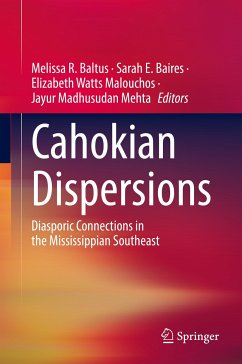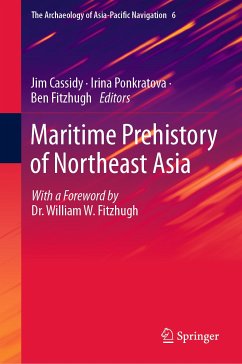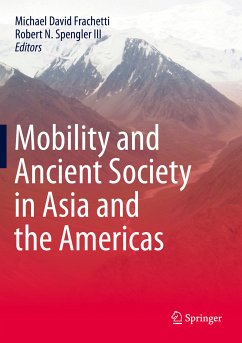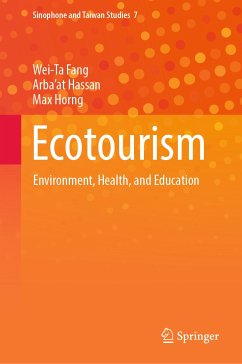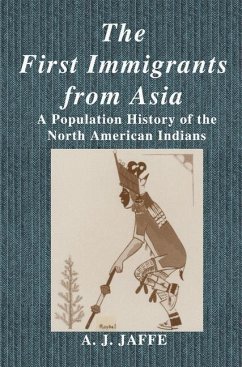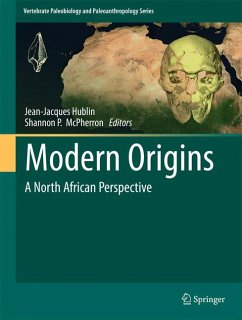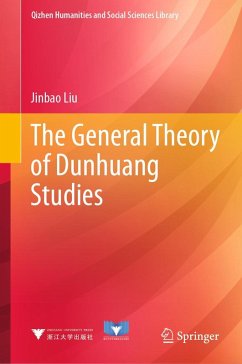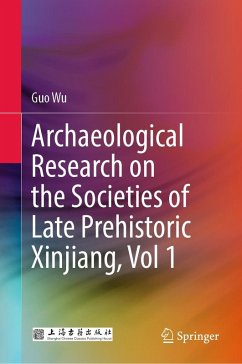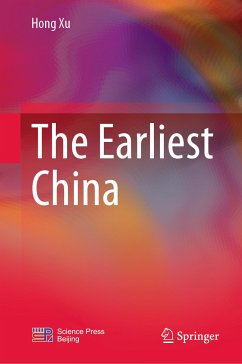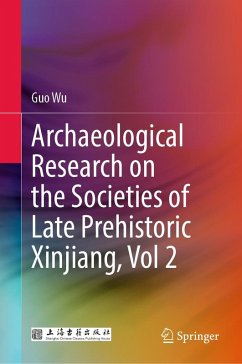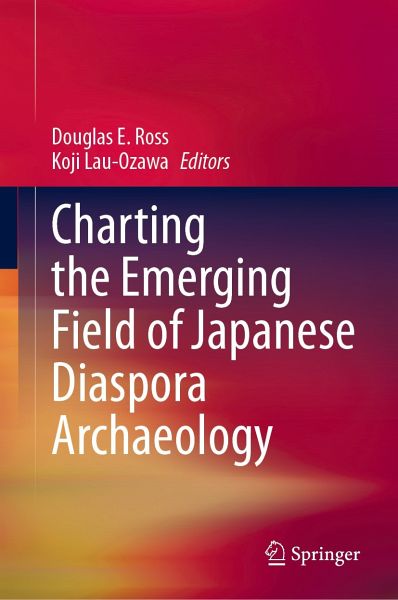
Charting the Emerging Field of Japanese Diaspora Archaeology (eBook, PDF)
Versandkostenfrei!
Sofort per Download lieferbar
104,95 €
inkl. MwSt.
Weitere Ausgaben:

PAYBACK Punkte
52 °P sammeln!
This book examines the Japanese diaspora from the historical archaeology perspective-drawing from archaeological data, archival research, and often oral history-and explores current trends in archaeological scholarship while also looking at new methodological and theoretical directions. The chapters include research on pre-War rural labor camps or villages in the US, as well as research on western Canada (British Columbia), Peru, and the Pacific Islands (Hawai'i and Tinian), incorporating work on understudied urban and cemetery sites. One of the main themes explored in the book is patterns of ...
This book examines the Japanese diaspora from the historical archaeology perspective-drawing from archaeological data, archival research, and often oral history-and explores current trends in archaeological scholarship while also looking at new methodological and theoretical directions. The chapters include research on pre-War rural labor camps or villages in the US, as well as research on western Canada (British Columbia), Peru, and the Pacific Islands (Hawai'i and Tinian), incorporating work on understudied urban and cemetery sites. One of the main themes explored in the book is patterns of cultural persistence and change, whether couched in terms of maintenance of tradition, "Americanization," or the formation of dual identities. Other themes emerging from these chapters include consumption, agency, stylistic analysis, community lifecycles, social networks, diaspora and transnationalism, gender, and sexuality. Also included are discussions of trauma, racialization, displacement, labor, heritage, and community engagement. Some are presented as fully formed interpretive frameworks with substantial supporting data, while others are works in progress or tentative attempts to push the boundaries of our field into innovative new territory. This book is of interest to students and researchers in historical archaeology, anthropology, sociology of migration, diaspora studies and historiography.
Previously published in International Journal of Historical Archaeology Volume 25, issue 3, September 2021
Dieser Download kann aus rechtlichen Gründen nur mit Rechnungsadresse in A, B, BG, CY, CZ, D, DK, EW, E, FIN, F, GR, HR, H, IRL, I, LT, L, LR, M, NL, PL, P, R, S, SLO, SK ausgeliefert werden.



